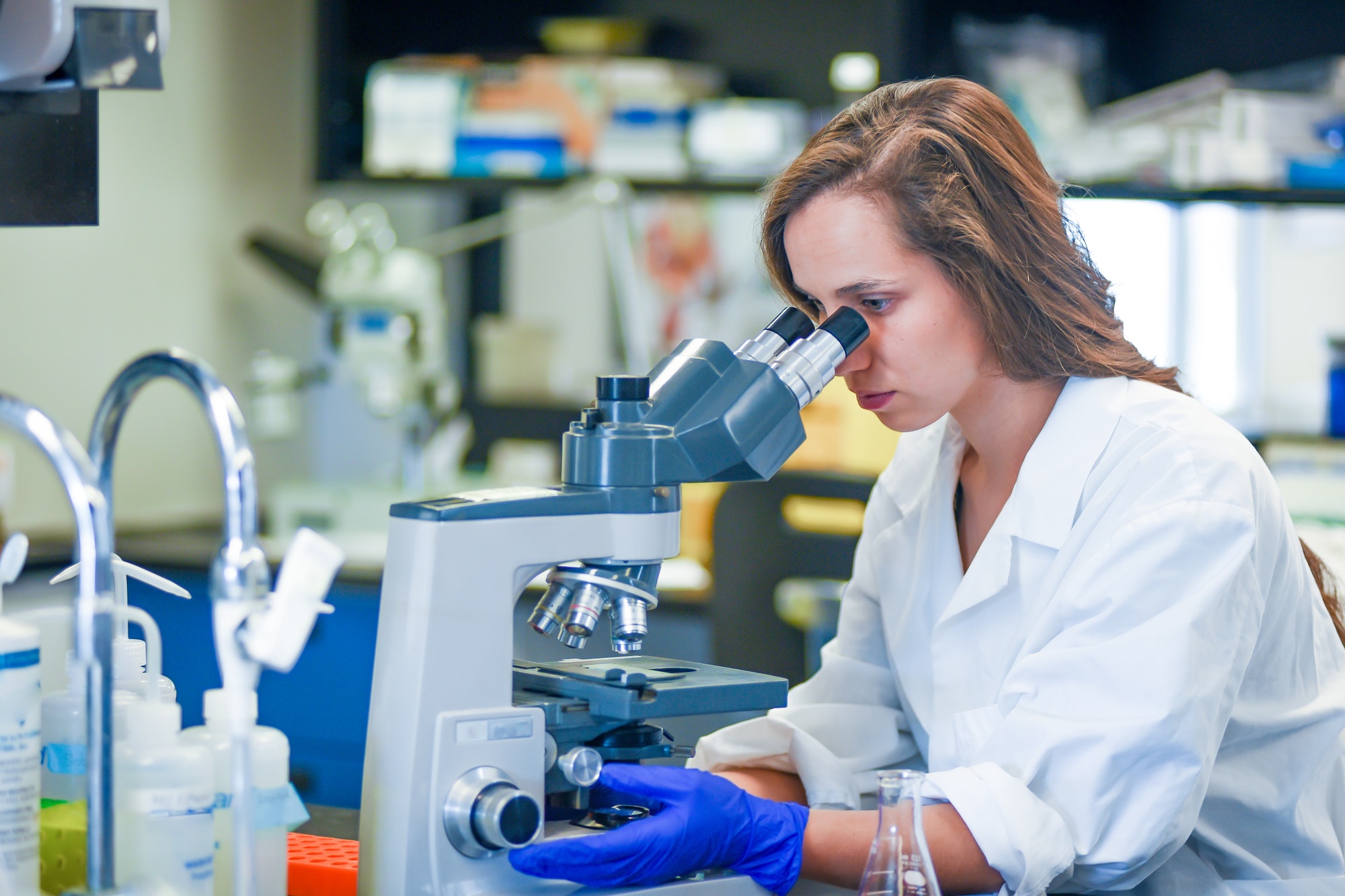Testimonials
Customer Stories: Hear it from them!
Atticus Fleming, Former Chief Executive, Australian Wildlife Conservancy
At Scotia Wildlife Sanctuary in western New South Wales, AWC has deployed advanced technology Iridium GPS collars on 12 feral cats since the beginning of June.
Read More
Made especially for AWC by the manufacturer, this is the first time such collars have been used on feral cats.
The collars send data via satellite to a desktop computer. This dramatically increases our ability to gather and analyze movement data. Initial results are stunning: one feral cat has moved over 125 kilometers, while two others have moved more than 60 kilometers.
Such movements have never previously been recorded. Understanding behavior like this is crucial to the design of feral cat control including developing an effective strategy for potential gene drive solution.
Tori W. Small GPS Collar for Kit Fox
I just wanted to let you know that the GPS downloads are doing great. this tech is so much better than what we were using before. We have been able to download 11 of our 13 collars so far.
Drew L. Medium GPS Collars for Tasmanian Devil
Thanks again for all your post purchasing assistance. You guys provide a pretty amazing support center for us special needs biologists.
Matthew P, Wildlife Biologist, Tasmania, Australia
The long-distance download of these collars is great. I have been able to get some downloads without too much hassle.
Arthur S. Q400ER GPS Collar for Lynx
The remote download worked great!
Jace T. FLR V GPS Collar for Kit Foxes
We’ve been impressed with how your units have performed compared to the others that we’ve tried. There are two traits that have made your collars our preferred model. 1.) 24-hr beacon 2.) base station.
John S. GPS Collar with Satellite Data
To give you a bit of an update we are back in Perth now and managed to get five collars on foxes: 3 males and 2 females.
Read More
And the collars are working well. Pete and I played around with mapping the fox GPS points against each other and some landmarks today and its really interesting. Surprisingly, two of the collars: Fox 3 and Fox 4 both show these foxes going back and forth rather than round and round.
As it turns out there is a good reason for this. These are the two collars on the female foxes. What seems to be happening is that they are heading out and then returning to their dens. We thought that this may have been the time of year that the females are rearing pups,
The collars are programmed to a 90 second time out and 30 second additional time. This actually seems to be working well. The fixes are still quite precise on these settings. I know this because we pulled the fixes that we suspected were the dens’ sites, put them into a handheld GPS and managed to find the dens for both the collared females. The GPS took us straight to the dens. We actually saw pups in the den of fox 4, see attached photo (a little hard to see but they are there) and we strongly suspect that fox 3 also has pups or will do very soon. We have set up remote sensing cameras outside both of the dens. So hopefully we will soon be getting photographic data as well as GPS data.
Thanks for all the support with the collars. I really appreciate it. Particularly the last minute emails and calls.
Erica Kelly
We LOVE using the App and it has made things so much easier and efficient when out in the field. These changes are like icing on the cake.
Dr. David Roshier
I’ve been out tracking animals the last few days and the phone app is a huge step forward in usability in the field. I had a base station on a tower and could check whether it had detected any collars from 100s meters away without having to trek to it and remove the base station to download the data
Kelly Moyes, The Zoological Society of London
THANK YOU so much for your help in providing us with GPS collars for our Badger-Cattle Contact Project. From our initial enquiry, Telemetry Solutions has provided outstanding customer service. And Telemetry Solutions went to great lengths to ensure we received a product that would work for our project. Read more
Sam Thalmann-Wildlife Biologist, Save the Tasmanian Devil Program
Our trial with the Quantum 4000E Medium Collar on Tasmanian devils went exceptionally well.
Read More
We received good position estimates and probably the greatest result was that the collar (with the polyurethane elastomer coating) was particularly kind to devils at the site of attachment. There was no abrasion, fur loss, or noticeable irritation throughout our trial which we ran on captive animals for a total period of 5 months.
Dr. Aaron Haines, Upper Iowa University
Benefits of GPS telemetry include increased precision and reduced sampling bias in location estimation, increased ability to monitor wide-ranging species, increased insights into climate-movements and habitat-movement.
Read More
We were able to successfully download find-scale GPS location data from our collared pheasant. Using the collar and the SW Telemetry Solutions program, we downloaded pheasant location data and were able to convert them into shapefiles for analysis in ArcGIS or KML file so data can be viewed on Google Earth.
Hugh McGregor. Mornington Wildlife Sanctuary, Australia
We retrieved one of the test cats that had a Quantum 4000 collar on it. The data were incredible. I’ve attached a rough map.” Read more
Bradley Baumen, Wildlife Diversity Biologist, NV Department of Wildlife
During the summer of 2010, the Nevada Department of Wildlife purchased 10 GPS units from you for a pygmy rabbit project. To date, we have attached 8 of the GPS units to rabbits, and have collected thousands of data points. Read more
Dr. Laurentiu Rozylowicz, University of Bucharest
I was surprised to find that it is possible to have GPS devices for tortoises.
Read More
I’m a researcher familiar with wildlife monitoring techniques, especially VHF and GPS. I use these study large carnivore (European lynx, wolf and brown bear) and tortoises (Testudo hermanni boettgeri). I was surprised to find that it is possible to have GPS devices for tortoises. They must be lightweight, flat, have a reasonable life expectancy, and a reasonable price. I found Quantum 4000 units, with special design for tortoises, very light unit only 55 grams, replaceable batteries.
The results were surprising. In four months each tortoise has 4 positions per day, doubled by the values of temperatures recorded outside the carapace. The GPS works very fine on a very steep terrain, open meadow or in very dense forest.
Clearly, I will succeed to build models of habitat occupancy and define effective protection systems for Hermann’s tortoise.
Ken Glander, Ph. D Professor, Department of Evolutionary Anthropology
We now have four collars on free-ranging lemurs in four different groups. The data is excellent. The remote download allows us to monitor the units for proper functioning. Plus, we can carry out ongoing analysis, particularly of group interactions.
Tim Sallows, Riding Mountain National Park Wildlife Lab
They are really quite a good product.
Dan Carney, Blackfeet Tribe Fish & Wildlife
I got 2 of the 3 collars out on female grizzlies. They are working perfectly. And the data downloading is great.
Katie Callahan, NH Fish and Game Dept
Recovered the first Quantum 4000 of the 2009 season yesterday. One-month deployment at 10-minute intervals on female black bear with three cubs of the year. Performance of the GPS logger with the updated firmware was great!
Per Wegge Ph. D Professor, Norwegian University of Life Sciences
We got EXCELLENT data from the GPS Capercaillies! We are VERY happy. We successfully recaptured the birds and put on the new units.
Cheryl Frederick
“And per our conversation its not just the tags it is the customer service. That other company not only has awful unreliable product but also poor customer service.”







